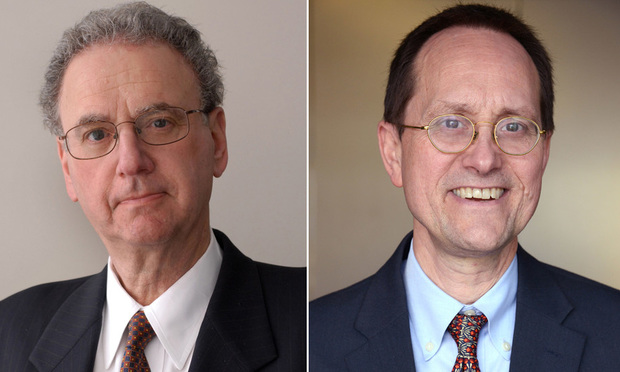On March 27, the Court of Appeals for the Federal Circuit reversed a jury verdict of fair use in a long-running and closely-watched litigation between two giants of the tech industry, Oracle America v. Google, 886 F.3d 1179 (Fed. Cir. 2018). At issue was Google’s unauthorized use of software application programming interfaces (APIs) developed by Oracle’s predecessor, Sun Microsystems, in connection with the Java programming language. For a fee, Oracle licenses these APIs to software developers who wish to write code in Java for use on mobile devices. When Google began developing its Android mobile operating system in 2005, it entered into negotiations for a license to use the Java APIs but no deal was struck. Google’s Android team was unable to develop its own APIs, but “elected to do Java anyway,” id. at 1187, copying verbatim 11,500 lines of Oracle’s code as well as the structure, sequence and organization of 37 Java API packages. The Android system was hugely successful and, the court noted, “devastating” to Oracle’s licensing strategy, as many customers switched to Android and other Java customers, such as Amazon, demanded discounts.
Litigation ensued. In an initial jury trial in 2012, the jury held that Google had copied protectable expression from the APIs, but deadlocked as to whether Google’s use was a fair use under 17 U.S.C. 107. After the verdict, however, the district court held as a matter of law that the APIs were not copyrightable, setting aside the jury’s finding of infringement. The Federal Circuit reversed that ruling in 2014 and remanded for a new trial on the fair use question and, if necessary, on damages. The Supreme Court denied certiorari in 2015. A second jury trial in 2016 resulted in a verdict for Google on fair use, and a denial of Oracle’s motion for JMOL, leading to the appeal just decided on March 27.


 Robert J. Bernstein and Robert W. Clarida
Robert J. Bernstein and Robert W. Clarida




